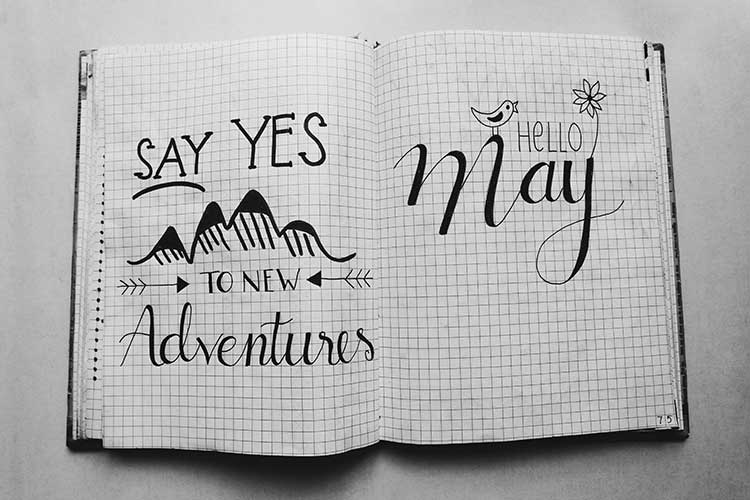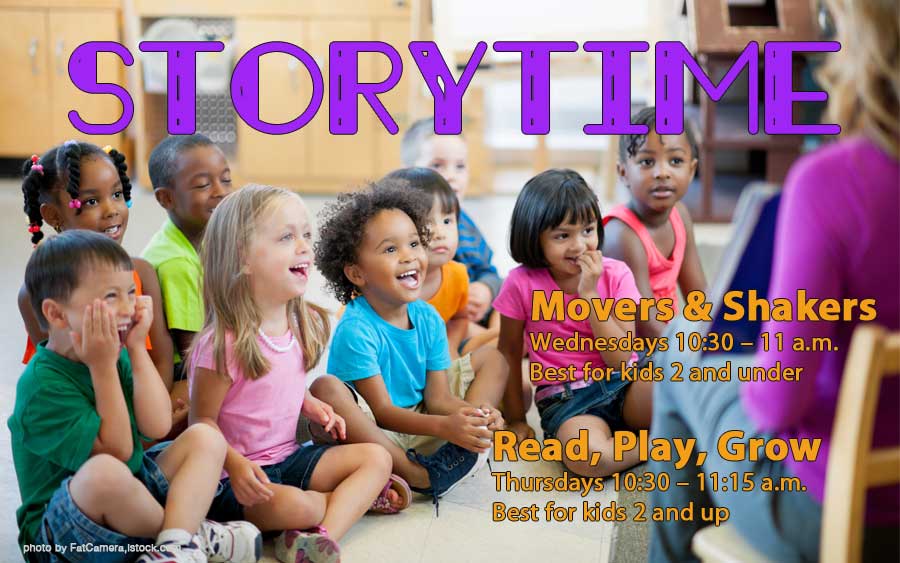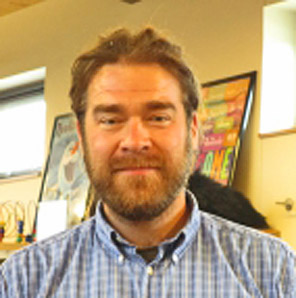 THE FINE ART OF NESTING
THE FINE ART OF NESTING Everyone has a story. Every voice has value. What better time than now to discover yours? We're offering workshops on paper making and kits for bookbinding. ... by Charlie Westerink

Read in Ned | November 9, 2017
By Michael Sivcovich
Ever heard the old saying, “If you judge a fish by its ability to climb a tree, it will always be a failure?” Well, there is very real truth in that saying in regard to the people we come into contact with. In every meaning of the term, each person you meet is an expert at something. It may be technical as in coding and engineering, it may be spiritual as in meditation, or it may be entertaining as in playing an instrument. But every person, young and old, comes with expert knowledge.
“Everyone can’t be an expert at everything, Mike. That’s ridiculous.” True – no one is an expert at everything, and in fact, a person’s area of expertise may be something that has been deemed trivial or useless by societal norms. However, if our job is to interact, train, or educate others, it will serve us well to build upon the expertise that each individual comes to us with. Educator Luis Moll of the University of Arizona published his article, “Funds of Knowledge for Teaching: Using a Qualitative Approach to Connect Homes and Classroom,” and in it offered a unique idea to approaching education. He talks about using a family’s culture and talents as a basis for engaging students and community in productive and educational ways. This is one of my fundamental approaches to planning storytimes and other activities at the library and would be a great approach in any arena. What are a person’s strengths? Are there things they excel at that can be applied to the task at hand?
We often look at children as little people who need to be corrected, as though they are consciously making choices we don’t want them to. It serves cognitive, as well as social/emotional development, to move the focus from what children can’t do to what they can do. This builds the confidence and stamina to tackle the improvements. More importantly, it validates the child and their active role in their little world.
These Funds of Knowledge are not always easily accessible, but there are many ways we can find them. The method that is easiest, but not always effective is to ask. While some folks will talk about their strengths, a lot of people are modest. I found with my students, talking about interests is a good way to find strengths. Especially with elementary aged children, interest lies in things that they excel at already. Observing their habits or even asking teachers, parents, and friends can give us clues into what strengths children have. And the cool part about all this is the unintended result of improvement in those areas that needed improvement. We tend to succeed more when we feel successful to begin with – why not create this opportunity for the children around us?
I’ve always maintained that children are active contributors to their environment, but their activity depends on how the adults in their lives value that contribution. When we have our storytime here at the library, parents are actively engaged with their children and their exploration of the content and materials. It is this engagement and support of children’s exploration that contributes to their funds of knowledge and their personal identity. More so, when we engage directly with children in support of their interests, we can accurately guide them to more complete understandings of the world around them.
I know I’ve mentioned this before, but we have a Science Technology Engineering, and Mathematics (STEM) corner here at the Nederland Community Library that encourages exploration in STEM fields, but also interaction and support from parents and mentors. Lots of open-ended activities and even a community challenge to construct designs are all available. Come grow with us!
 Michael Sivcovich is the Youth Services Coordinator for the Nederland Community Library.
Michael Sivcovich is the Youth Services Coordinator for the Nederland Community Library.